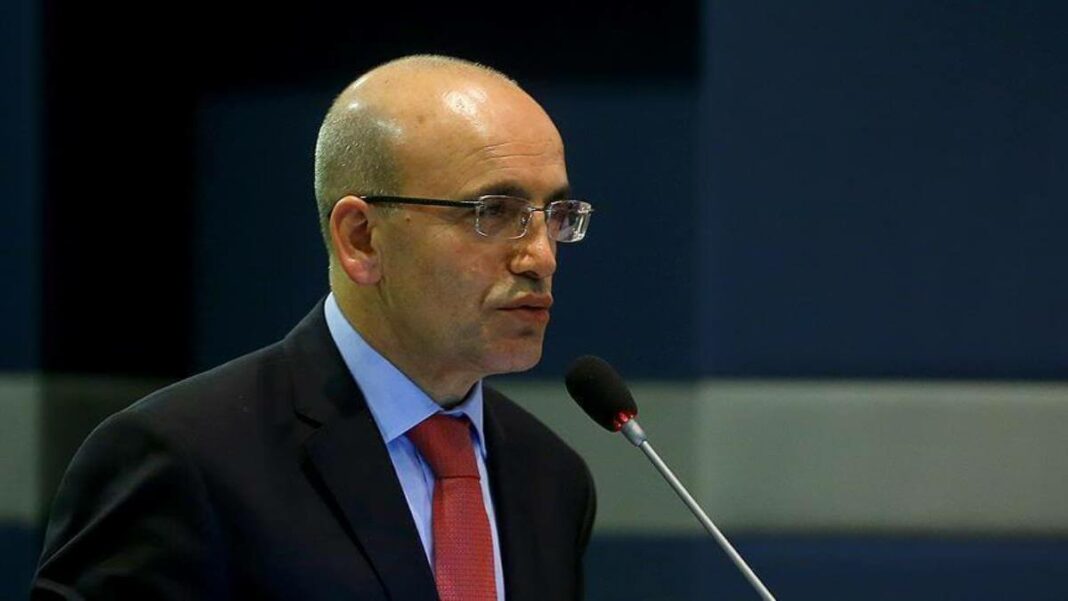Newly installed Finance Minister Mehmet Şimşek has said he set the USD-Turkish lira exchange rate free after it had been fixed for an extended period, local media reported.
The minister’s comments on the country’s economic outlook came during an interview with broadcaster NTV on Monday.
Şimşek said it is not right to intervene in the exchange rate after promising to implement rational policies.
Soon after taking office in early June, the minister said Turkey has no choice but to return to “rational ground” to ensure predictability in the economy.
President Recep Tayyip Erdoğan had named Şimşek to his cabinet to tackle Turkey’s cost-of-living crisis and other strains, in a clear sign that his newly elected government would return to more orthodox economic policies.
“The exchange rate had been fixed for a long time, and we set it free. … The volatility will decrease over time,” Şimşek told NTV.
The minister also talked about the medium-term economic program that the government announced last week, saying its most important element and target was disinflation.
Şimsek said authorities aimed to bring the budget deficit below 3 percent of GDP, excluding the impact of this year’s earthquakes, adding that foreign funding would be an element of the economic program.
The magnitude 7.8 and 7.5 earthquakes affected 11 provinces in the country’s south and southeast on Feb. 6, killing more than 50,000 people and leaving millions homeless. They caused damage in the amount of $100 billion, according to Minister of Environment, Urbanization and Climate Change Mehmet Özhaseki.
Erdoğan last week confirmed a major policy reversal by backing his new economic team’s decision to drastically hike interest rates to fight runaway inflation.
Erdoğan has been a lifelong opponent of high borrowing costs and pushed past central bank governors to fight inflation with lower interest rates.
Conventional economics says high interest rates help bring down prices by tamping down demand and raising the cost of doing business.
Turkey suffered a lira crash in 2021 that set prices spiraling by 85 percent over a year when Erdoğan forced the central bank to slash the interest rate far below that of inflation.
But he appointed a handful of Wall Street-trained veterans to steer the economy after nearly losing a May election because of Turkey’s dire economic straits.
The Turkish lira was being traded at 26.8 against the dollar on Monday morning. It has lost around 30 percent of its value since late May.
